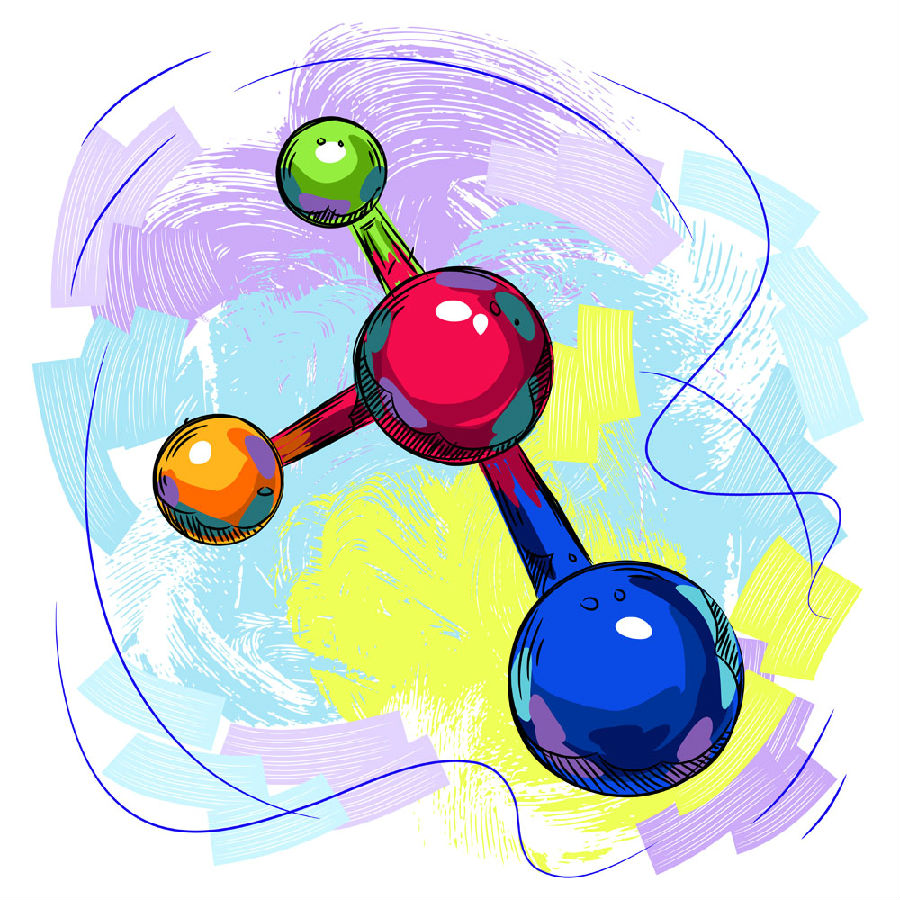It is of course the abundance and extreme durability of atoms that makes them so useful, and the tininess that makes them so hard to detect and understand. The realization that atoms are these three things—small, numerous, practically indestructible—and that all things are made from them first occurred not to Antoine-Laurent Lavoisier, as you might expect, or even to Henry Cavendish or Humphry Davy, but rather to a spare and lightly educated English Quaker named John Dalton, whom we first encountered in the chapter on chemistry.

Dalton was born in 1766 on the edge of the Lake District near Cockermouth to a family of poor but devout Quaker weavers. (Four years later the poet William Wordsworth would also join the world at Cockermouth.) He was an exceptionally bright student—so very bright indeed that at the improbably youthful age of twelve he was put in charge of the local Quaker school. This perhaps says as much about the school as about Dalton's precocity, but perhaps not: we know from his diaries that at about this time he was reading Newton's Principia in the original Latin and other works of a similarly challenging nature. At fifteen, still schoolmastering, he took a job in the nearby town of Kendal, and a decade after that he moved to Manchester, scarcely stirring from there for the remaining fifty years of his life. In Manchester he became something of an intellectual whirlwind, producing books and papers on subjects ranging from meteorology to grammar. Color blindness, a condition from which he suffered, was for a long time called Daltonism because of his studies. But it was a plump book called A New System of Chemical Philosophy, published in 1808, that established his reputation.












